

MLiMO
Tagline:Morillalab
Paris, France
About Us
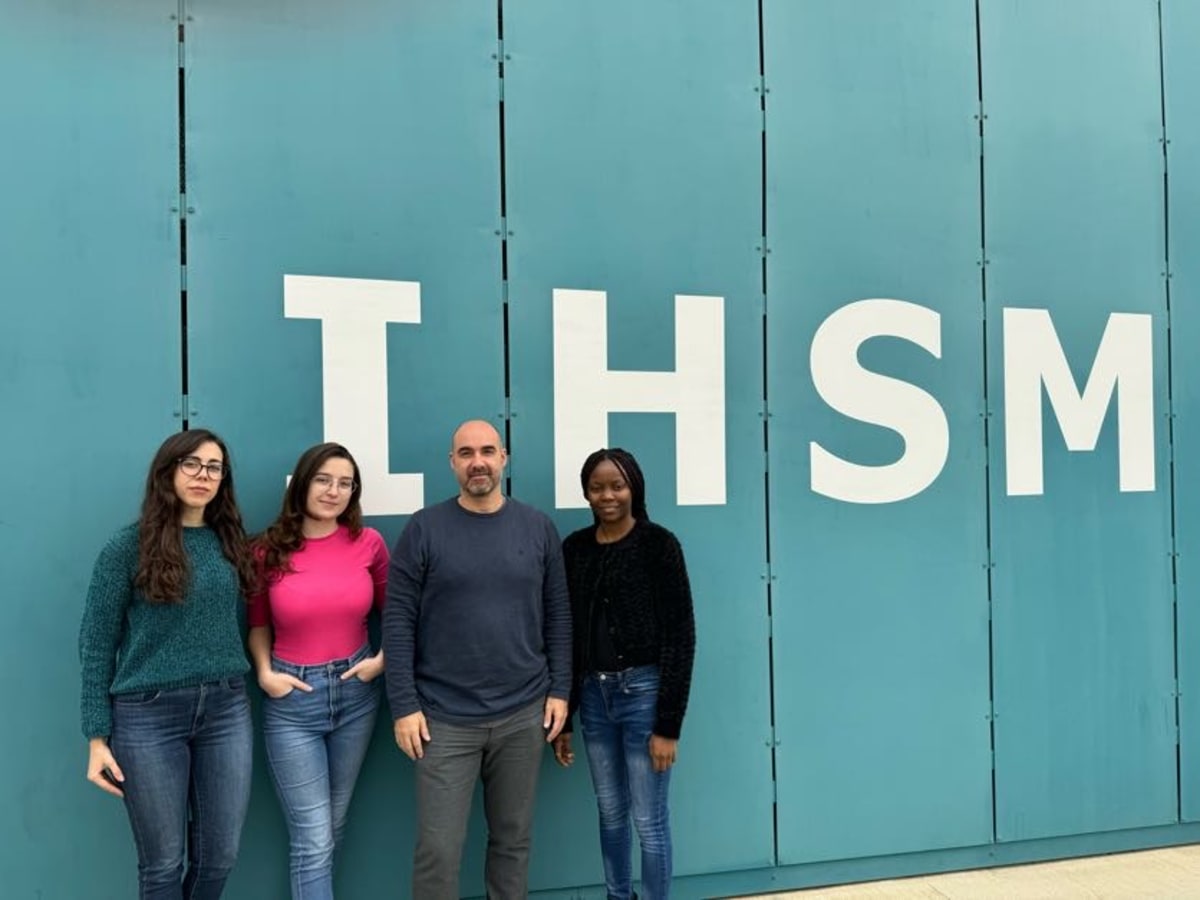
At MLiMO, we harness advanced machine learning and integrative multi-omics approaches to unravel the complexity of biological systems. Our interdisciplinary research spans from fundamental questions in tumour micro-environments to dynamic modelling in plant and human diseases. Through robust data-driven methodologies, we uncover the principles that orchestrate life’s molecular networks—translating insights into advances for precision medicine, sustainable agriculture, and beyond.
Affiliations
Instituto de Hortofruticultura Subtropical y Mediterránea "La Mayora"
from: 2023, until: presentOrganization:UMA-CSICLocation:Bulevar Louis Pasteur, 49. 29010 Málaga (España)
Description:Machine Learning in Multi Omics (MLiMO) group - Plant-virus interaction
Laboratoire Analyse, Géométrie et Applications (LAGA) – Institut Galilée
from: 2018, until: presentOrganization:CNRS-Université Sorbonne Paris NordLocation:99 avenue Jean Baptiste clément 93430 Villetaneuse
Description:Mathématiques pour la Biologie et les Images (MBI)
Research Interests
- Machine Learning & Deep Learning: Developing and applying cutting-edge algorithms for biological data analysis and predictive modelling.
- Topological Machine Learning: Exploring topological and geometric approaches to unveil robust patterns in high-dimensional multiomics data.
- Multiomics Integration: Combining genomics, transcriptomics, proteomics, and spatial data to achieve a holistic view of biological systems.
- Tumour Microenvironments: Investigating the dynamics of tumour–host interactions, focusing on immune modulation and spatial heterogeneity.
- Computational Biology: Leveraging statistical, computational, and AI-driven methods to uncover mechanistic insights in human and plant diseases.
- Translational Applications: Applying our findings to improve clinical outcomes and foster sustainable agricultural practices.
Projects
MMD-LLC
date: 2025Organization:Infibrex-Université Paris Cité
Description:Modélisation multimodale et dynamique de l’évolution de la Leucémie Lymphoïde Chronique
Polygenic Deep Transport
date: 2024Organization:CNRS-LAGA-MASCOT-IHSM-CSIC
Description:Research on polygenic inheritance in cancer, inflammatory, and cardiovascular diseases using topological deep learning and optimal transport.
S2-PEPANALYST
date: 2023Organization:CNRS-UMA-CSIC
Description:S²-PepAnalyst is an advanced web-based tool designed to predict and classify small signalling peptides (SSPs) in plants. It integrates machine learning techniques with plant-specific datasets to enhance the accuracy of SSP identification.
Topo-Spatial-Transcriptomics-TYLCV
date: 2023Organization:UMA-CSIC-IHSM
Description:Project on spatial transcriptomics analysis of TYLCV virus in tomato plant using manifolds integration and topoML.
TopoTransformers
date: 2022Organization:CNRS-LAGA-Université Sorbonne Paris Nord
Description:A machine learning framework designed to enhance the prediction of mortality risk following lung transplantation. By integrating topological data analysis (TDA) with transformer-based architectures, the model captures complex, non-linear relationships within longitudinal clinical data, offering improved predictive performance over traditional methods.
GeoTop
date: 2022Organization:CNRS-LAGA-MAP5-IHSM
Description:Computational framework designed to enhance image classification through the integration of geometric and topological data analysis techniques. The methodology is particularly applied to biological multiomics datasets, aiming to capture complex structural features that traditional methods might overlook.
TaelCore
date: 2022Organization:CNRS-LAGA-Université Sorbonne Paris Nord
Description:Taelcore (Topological Autoencoder with Best Linear Combination for Optimal Reduction of Embeddings) is a novel dimensionality reduction technique developed by MLiMO group. It integrates topological data analysis (TDA) with machine learning to enhance predictive modelling, particularly in biomedical contexts such as lung transplantation.
Publications
Early Identification of High-Risk Individuals for Mortality after Lung Transplantation: A Retrospective Cohort Study with Topological Transformers
Journal ArticlePublisher:medRxivDate:2025Authors:Alexy Tran-DinhEnora AtchadeSébastien TanakaBrice Lortat-JacobYves CastierHervé MalJonathan MessikaPierre MordantPhilippe MontraversIan MorillaMultimodal Learning Reveals Plants’ Hidden Sensory Integration Logic
Journal ArticlePublisher:bioRxivDate:2025Authors:Kelly L Vomo-DonfackRafael Jorge León MorcilloGrégory GinotVerónica G DoblasIan MorillaArabidopsis lines with modified ascorbate concentrations reveal a link between ascorbate and auxin biosynthesis
Journal ArticlePublisher:bioRxivDate:2025Authors:Mario FenechViviane ZulianJose Moya-CuevasDominique ArnaudIan MorillaNicholas SmirnoffMiguel A BotellaAnna N StepanovaJose M AlonsoCarmen Martin-PizarroothersNovel dimensionality reduction method, Taelcore, enhances lung transplantation risk prediction
Journal ArticlePublisher:Computers in Biology and MedicineDate:2024Authors:Fatma GouiaaKelly L Vomo-DonfackAlexy Tran-DinhIan MorillaS2-PepAnalyst: A Web Tool for Predicting Plant Small Signalling Peptides
Journal ArticlePublisher:bioRxivDate:2024Authors:Kelly L Vomo-DonfackMariem AbaachAna M LunaGrégory GinotVerónica G DoblasIan MorillaGeoTop: Advancing Image Classification with Geometric-Topological Analysis
Journal ArticlePublisher:arXiv preprint arXiv:2311.16157Date:2023Authors:Mariem AbaachIan MorillaThe Genotypic Imperative: Unraveling Disease-Permittivity in Functional Modules of Complex Diseases
Journal ArticlePublisher:MathematicsDate:2023Authors:Abdoul K KabaKelly L Vomo-DonfackIan MorillaPlasma proteome dynamics of COVID-19 severity learnt by a graph convolutional network of multi-scale topology
Journal ArticlePublisher:Life Science AllianceDate:2023Authors:Samy GauthierAlexy Tran-DinhIan MorillaMetabolic reprogramming of bone marrow stromal cells in chronic lymphocytic leukemia
Journal ArticlePublisher:BloodDate:2022Authors:Gregory LazarianJordan FerreiraIan MorillaEmeline SaindoyValeria BisioNicolas DulphyKarl BalabanianCatherine ThieblemontNadine Varin-BlankDominique LedouxothersWhole genome, transcriptome, smallRNAome and methylome profiling during tomato-geminivirus interaction
Journal ArticleDate:2022Authors:Beatriz Romero-Rodrı́guezMaja KriznikIan MorillaMarko PetekChen JiaoZhangjun FeiKristina GrudenEduardo Rodrı́guez-BejaranoAraceli Castillo-Garrigaothers
Patents
Methods for predicting acute severe colitis treatment response (Kits)
Date: Mar 2022
Patent Number: 17340534 .Status:Issued.
Inventors:E Ogier-DenisX TretonY BouhnikI MorillaD LaharieDescription:The present invention relates to methods for predicting acute severe colitis treatment response. Currently, there is no biomarker of drag response. The present invention provides the first prediction tool for responses to first- and second-line treatments in acute severe ulcerative colitis. Putative mRNA targets of dysregulated microRNAs were identified from patient biopsies. One classifier of fifteen colonic microRNAs plus five biological values at admission were identified with a prediction accuracy of 96.6% for discriminating responders from non-responders to steroids. Using a similar method, 6 and 4 mucosal microRNA-based algorithms were identified to classify responders from non-responders to infliximab and cyclosporine. In particular, the present invention relates to methods for predicting acute severe colitis treatment response by measuring the expression levels of several miRNAs selected front the group consisting of hp_hsa-mir-3934, hp_hsa-mir-100, hsa-miR-718, hp_hsa-mir-193b, hsa-miR-3150a-5p, hp_hsa-mir-1260b, hsa-miR-938, hsa-miR-518b and hsa-miR-1468.
Methods for predicting acute severe colitis treatment response (DeepCol Software)
Date: Jul 2021
Patent Number: US11060147B2 .Status:Issued.
Inventors:Eric Ogier-DenisXavier TrétonYoram BouhnikIan MorillaDescription:The present invention relates to methods for predicting acute severe colitis treatment response. In particular, the present invention is defined by the claims of DeepCol AI-driven method developed by Dr. Ian Morilla.
Team Members

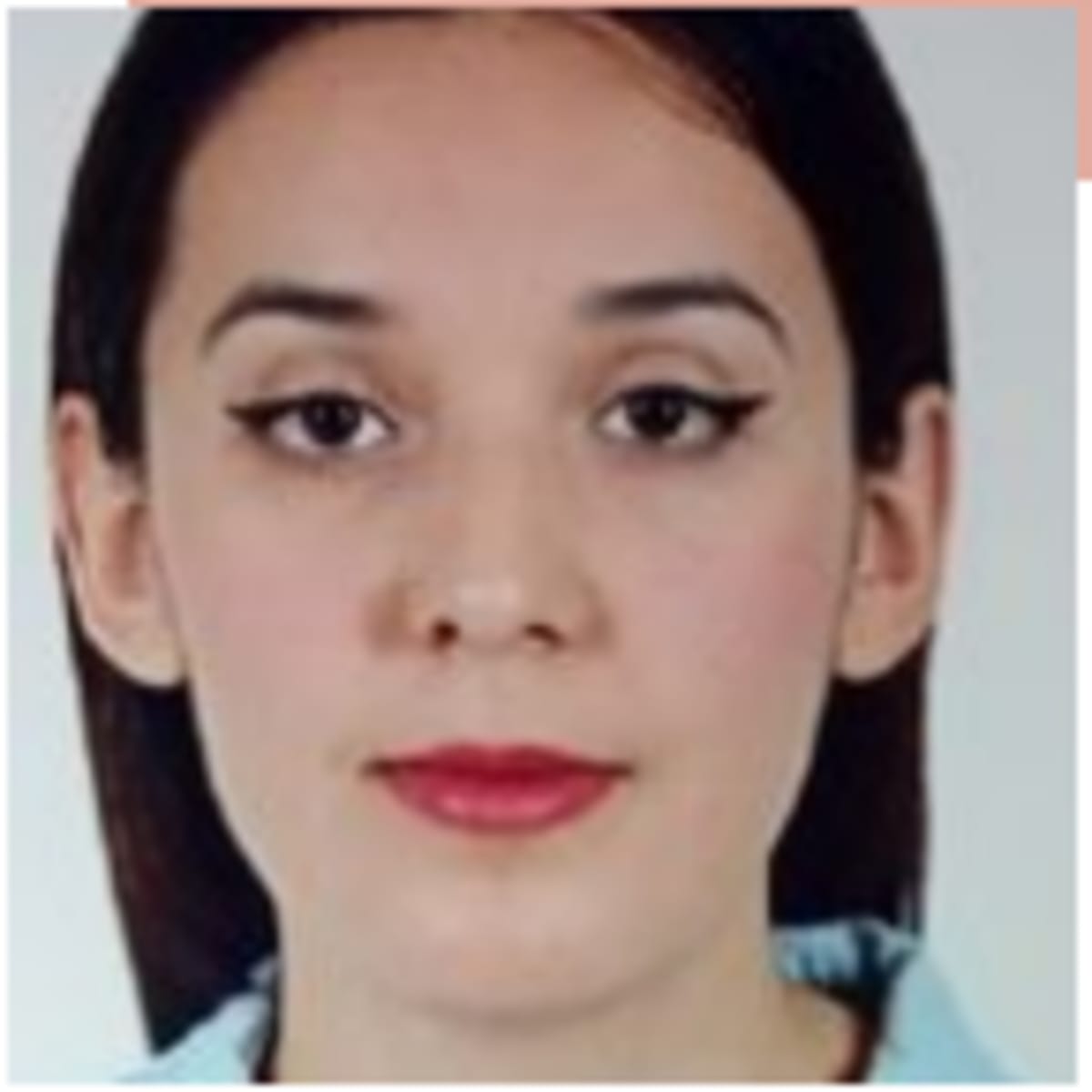


Teachings
Master de mathématiques de données et IA
From: 2021, Until: present
Organization:Université Sorbonne Paris NordField:Analyse Topologique des Données and AI
Description:Ce cours aura pour vocation de donner une introduction à l’analyse topologique des données (TDA) en mettant l’accent sur les idées sous-jacentes et sur l’un de ses outils fondamentaux, l’homologie persistante. La TDA est un domaine récent ayant eu pour but de rendre effectifs, implémentables et manipulables, les outils de la topologie algébrique. L’idée sous-jacente à la TDA est d’utiliser les invariants de la topologie algébrique pour classifier ces données, les comparer, trouver des caractéristiques et signatures d’un certain type de données. Parmi les nombreuses applications concrètes : on peut citer la reconnaissance de formes et l’analyse d’images qui ont permis de classifier des bactéries et des neurones (spectroscopie moléculaire) ou d’identifier certaines formes de cancer (IRM) en utilisant AI approches.
Funding Support

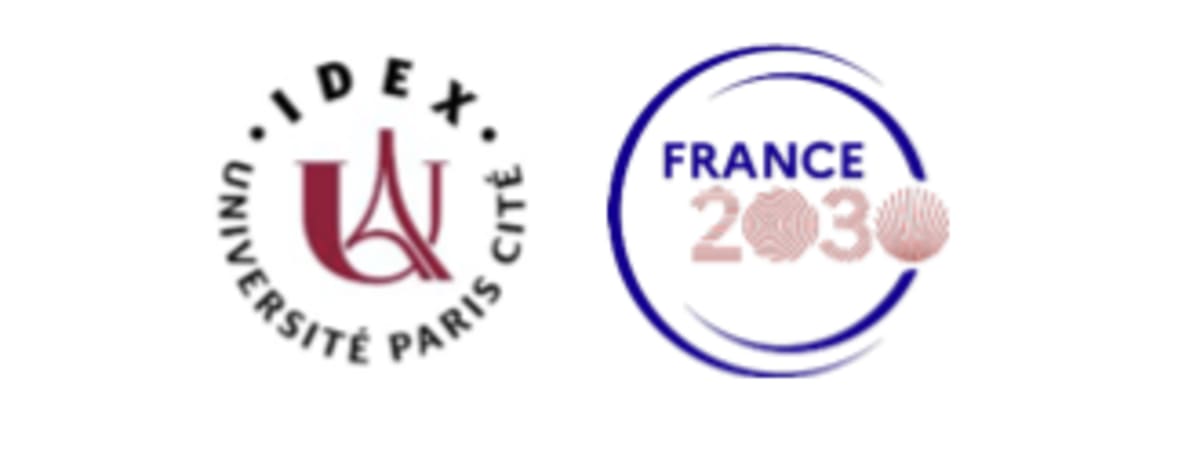
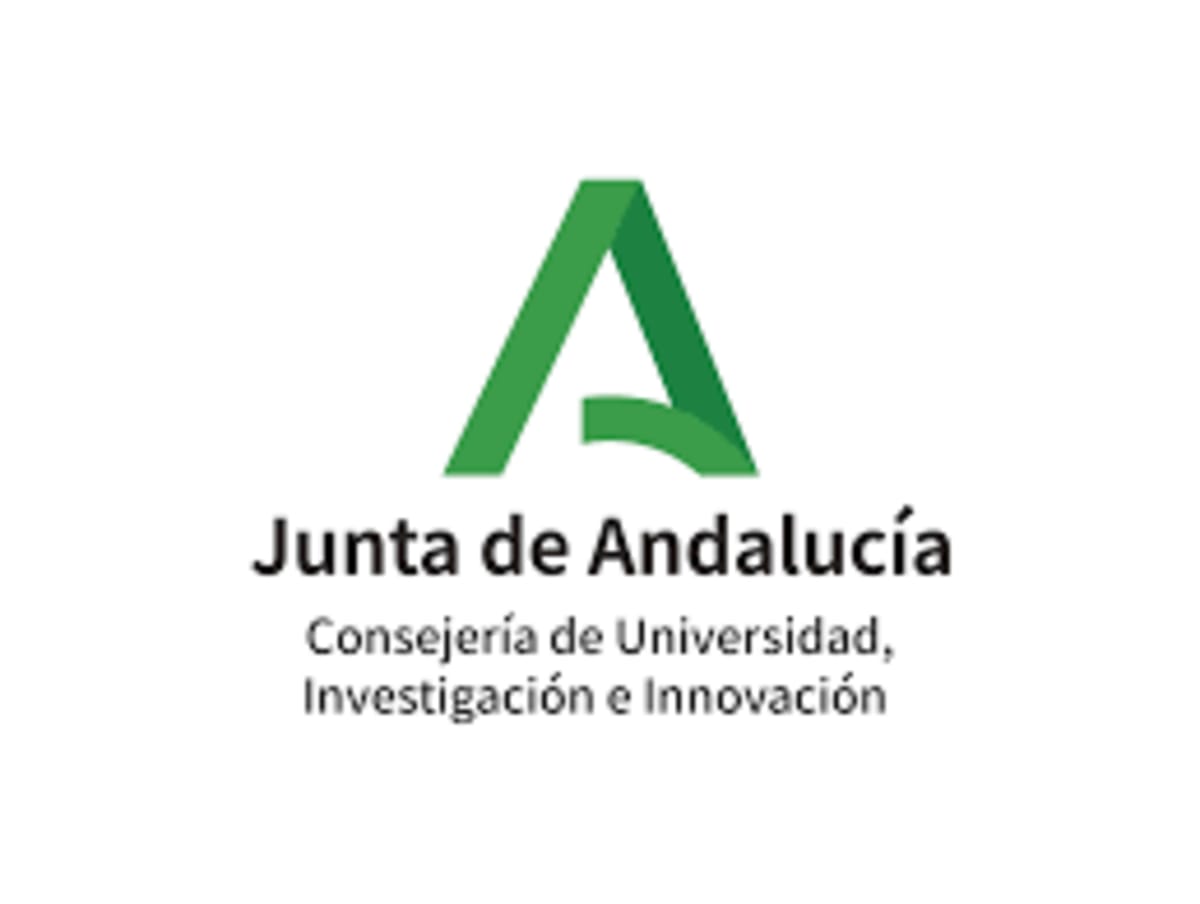


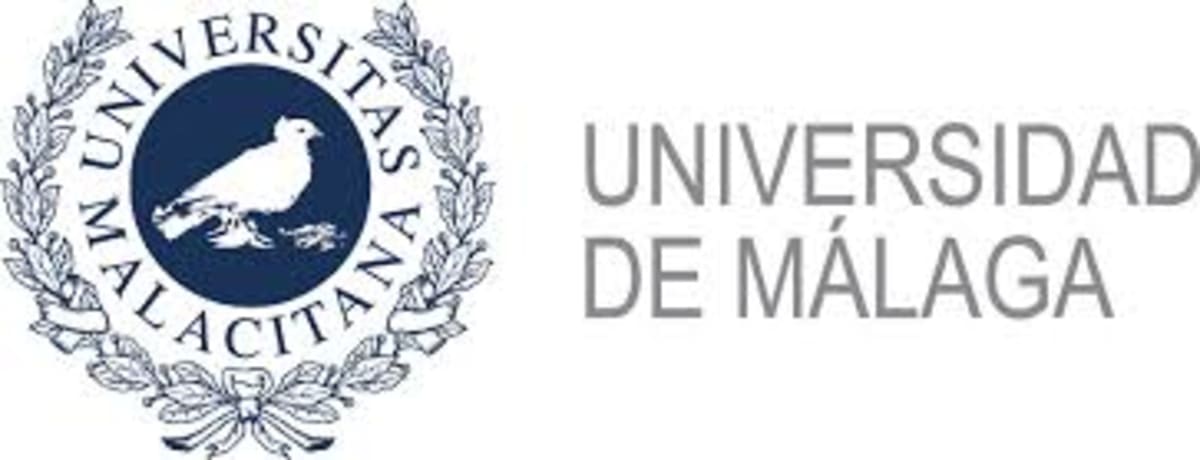
Contact
Addresses
ian.morilla@ihsm.uma-csic.es
morilla@math.univ-paris13.fr